Eco Society set to lock horns in court with the province next week over Jumbo Resort Municipality
The West Kootenay Eco Society (WKES) is heading to court early next week to challenge the provincial government’s 2012 decision to establish the Jumbo Glacier Resort (JGR) Municipality.
On Feb. 23, the WKES will be in Vancouver at BC Supreme Court to ask a judge for a judicial review of a decision by the Minister of Tourism, Sport and Community to recommend the auditor general approve the JGR Municipality, and also the auditor general’s decision to approve the municipality.
WKES Executive Director was out of the country and unavailable for comment at the time of writing.
But the society’s lawyer, Judah Harrison said the application for judicial review is based around the Local Government Act and claims the decision to approve the resort municipality was done in contravention of the act, which requires two key elements to be in place before a municipality can be established: a boundary and a population.
“There’s no population,” Harrison said. “Not a single person lives there. It’s unprecedented in British Columbia and Canada. There’s never been a municipality (status) granted without a population.”
According to the Ministry of Community, Sport and Cultural Development, “a number of municipalities in the province got their start as an instant town, which recognizes the need for planning and governance in advance of growth.”
But Harrison says that argument holds no water because other towns started out under very different circumstances.
“The government’s response to this is that it’s happened a number of times, in Whistler, Sun Peaks and a place called Tumbler Ridge,” Harrison added.
“In all those cases it’s very different. Even though these places became municipalities, they were all something else prior.”
He says that before being made municipalities, Whistler had at least 200 people, Sun Peaks was an improvement district, and Tumbler Ridge had residents who applied for incorporation.
Based on this, Harrison argues the province erred in its decision to establish the JGR Municipality.
“It’s unconstitutional, incorrect and unreasonable that the minister recommended this area be dubbed a municipality, given there are no people.”
Bill 41 paved the way
But he added that the province’s Bill 41, which was passed in 2012, effectively amended the local government act to allow for the creation of resort municipalities without populations.
Invermere town council panned the bill shortly after it was passed in a resolution that called it undemocratic. And soon later the Union of BC Municipalities (UBCM) passed a resolution at its annual conference stating that “the creation of a resort municipality within an electoral area and appointment of a council directed by a resort developer is contrary to the principles of democratic government and sets an undesirable precedent.”
According to the Ministry of Community, Tourism and Cultural Development, the Regional District of East Kootenay requested the incorporation of a mountain resort municipality for Jumbo in 2009.
Harrison says the argument by the province and the JGR Municipality is that the approval of the municipality is allowed via Bill 41, which holds legislative supremacy and as a result the courts can’t do anything about it.
“That’s their big argument. But what we’re saying is in that in this particular context, even if the decision was allowable by statute, it’s unreasonable based on a number of factors.
“If you read the definition of municipality in the Local Government Act, it’s a corporation of residents of an area. We’re saying this decision violates the very definition of municipality. On its face, it’s entirely unreasonable.”
The Ministry of Community, Sport and Cultural Development said in an email simply that the province would assert that it was acting within its constitutional authority and in accordance with governing statutes, with regard to the incorporation of JGR Municipality.


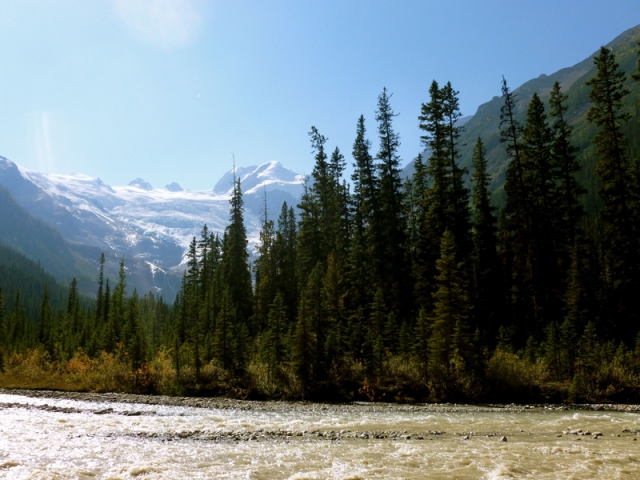

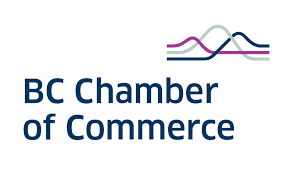
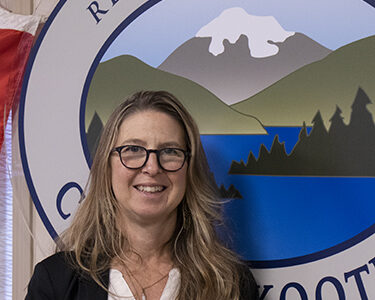
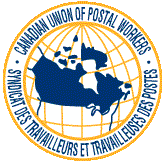
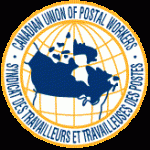



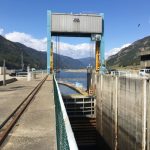














Comments